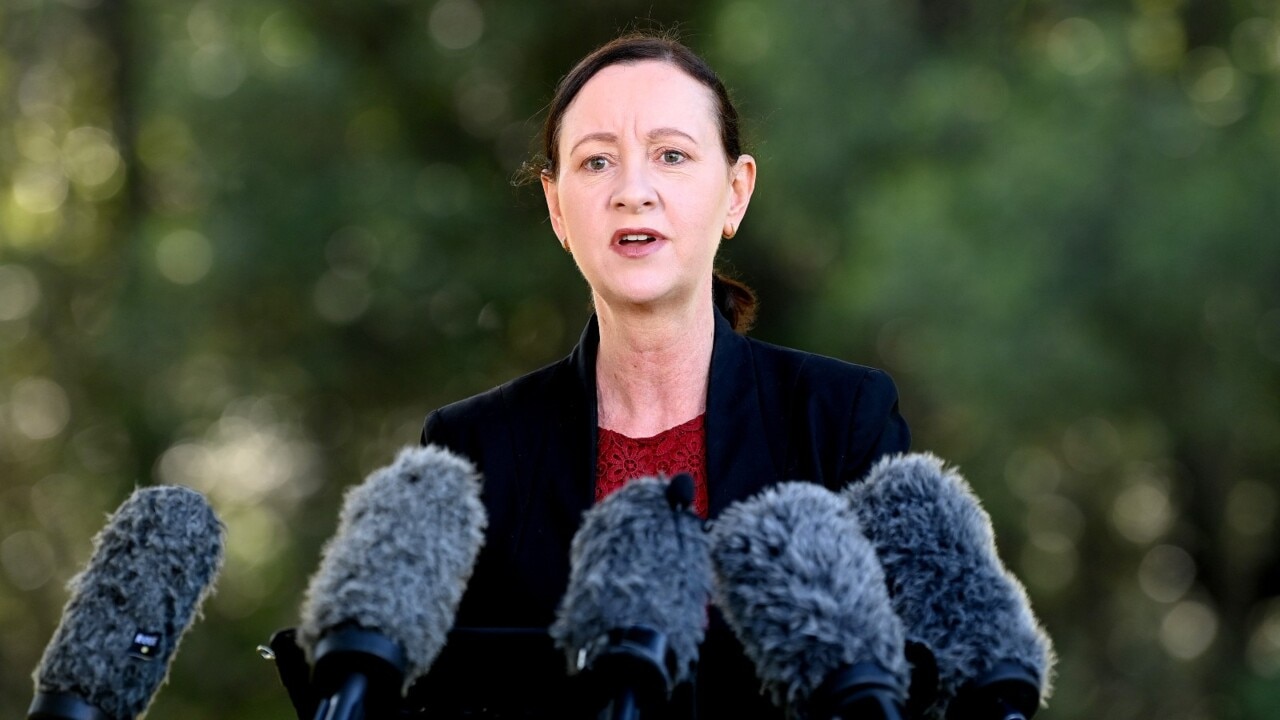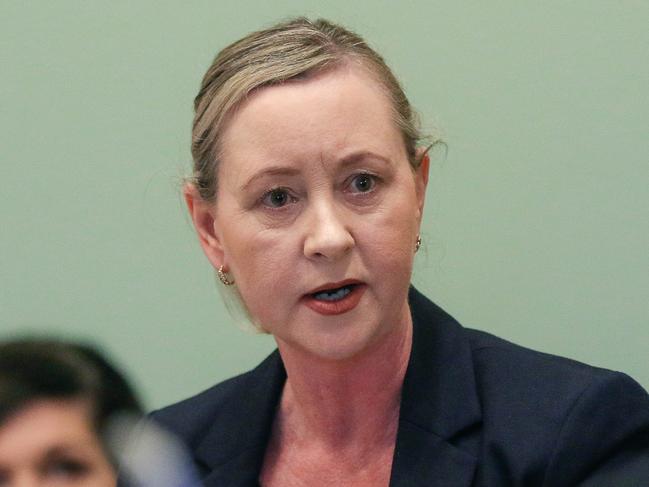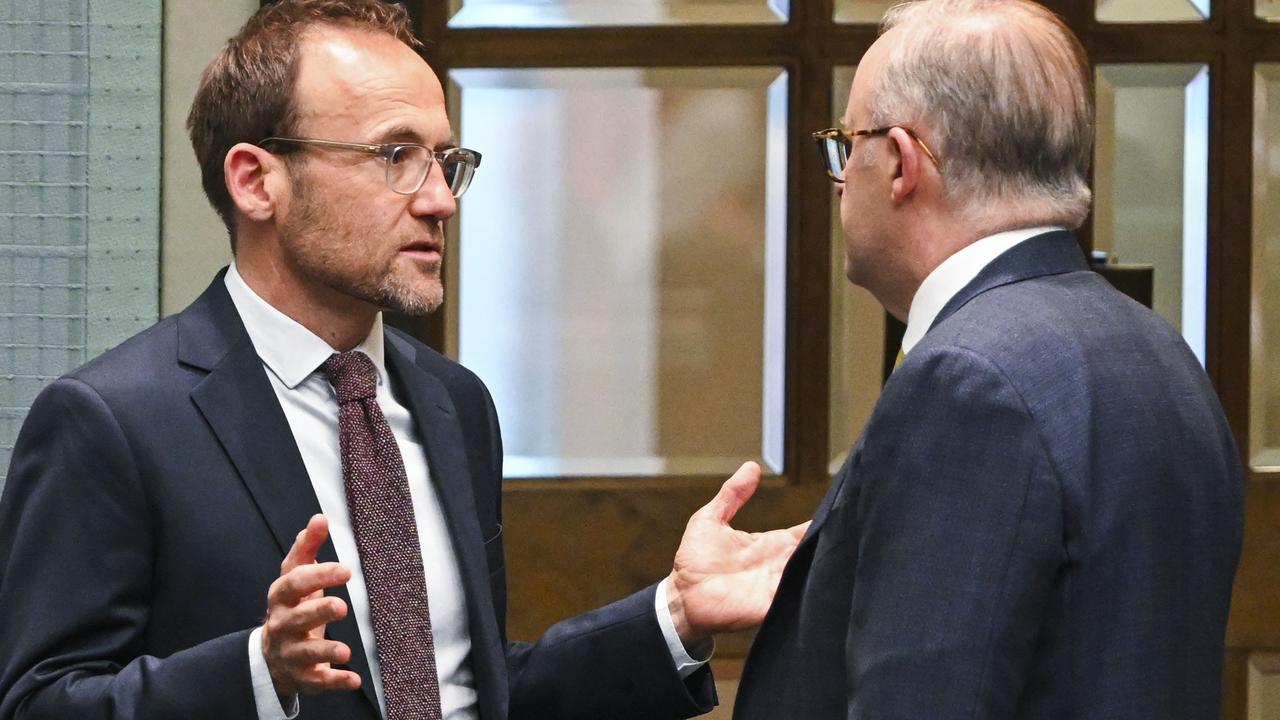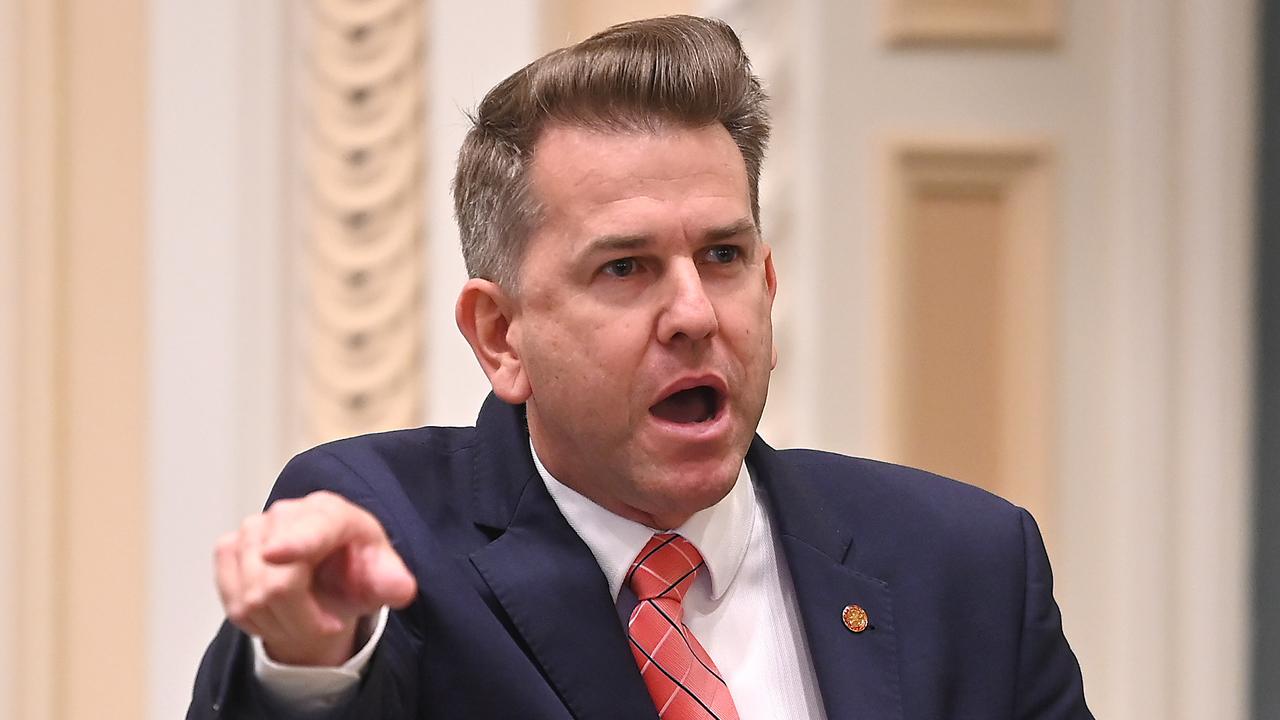Qld rape laws: Accused to be named under change
An archaic law based on a false assumption about women will finally be scrapped with a change introduced to Parliament on Thursday.

QLD Politics
Don't miss out on the headlines from QLD Politics. Followed categories will be added to My News.
Archaic laws that keep the identities of accused rapists secret will finally be scrapped in Queensland, with Attorney-General Yvette D’Ath saying the false assumption women fabricated complaints had no place in modern society.
Currently the identity of anyone charged with rape or other prescribed sexual offences in Queensland cannot be revealed or published until after they are committed to stand trial – a provision Ms D’Ath said had its roots in “rape myths”.
But under new legislation set to be introduced by the government on Thursday, accused rapists would be treated the same as a person charged with any other offence – a change that brings Queensland into line with all other jurisdictions aside from the Northern Territory.
The removal of the outdated prohibition of was a key recommendation made by the Women’s and Safety Taskforce, with the hope the public naming of those accused of sexual crimes would lead to other witnesses coming forward with relevant evidence.
“Queenslanders’ understanding of consent and the impact of sexual assault has evolved in large part because of the bravery of women and girls who have shared their lived experiences and it is only right that our laws evolve as well,” Ms D’Ath said.
“The previous protections for accused rapists were based in part on the false assumption that women maliciously make up complaints to damage reputations.
“These rape myths have absolutely no place in our society, and our laws need to reflect this.”

The amendment would apply to all matters from the time the laws commence – and would be applicable even if a defendant was charged before that date.
Defendants accused of rape and their alleged victims would still have the ability to apply for a non-publication order, but the court would be required to consider the wishes of the alleged victim when deciding that application.
Accredited media would also be given a right on any application for non-publication, and would be notified when an application is filed.
Overall more than 30 pieces of legislation within the justice portfolio will be amended under the introduced bill, with the recognition of the death unborn children as a result of criminal conduct also set to be strengthened.
This would require courts to treat the death of an unborn child as a result of criminal conduct in indictments, and treat the deaths as an aggravating factor for relevant serious offences during sentencing.
“The amendments we are making also better recognise the grief and trauma that families experience when an unborn child dies as a result of criminal conduct,” Ms D’Ath said.
“I would like to recognise the tireless advocacy and fortitude from families and victims to see reform in this area.”
Family members of the unborn child would also be able to give a victim impact statement, with funeral expense assistance also extended if an unborn child that dies as direct result of an act of violence committed.




